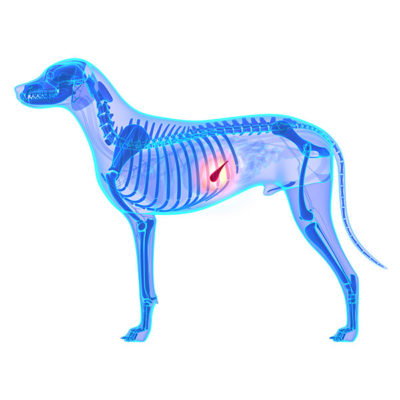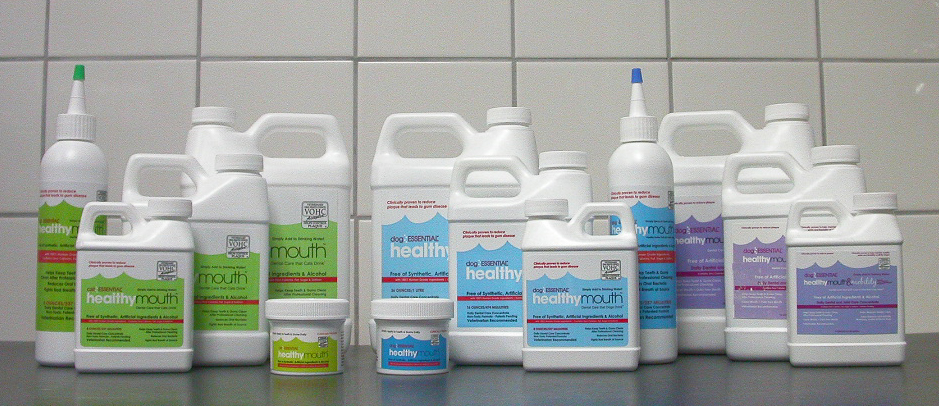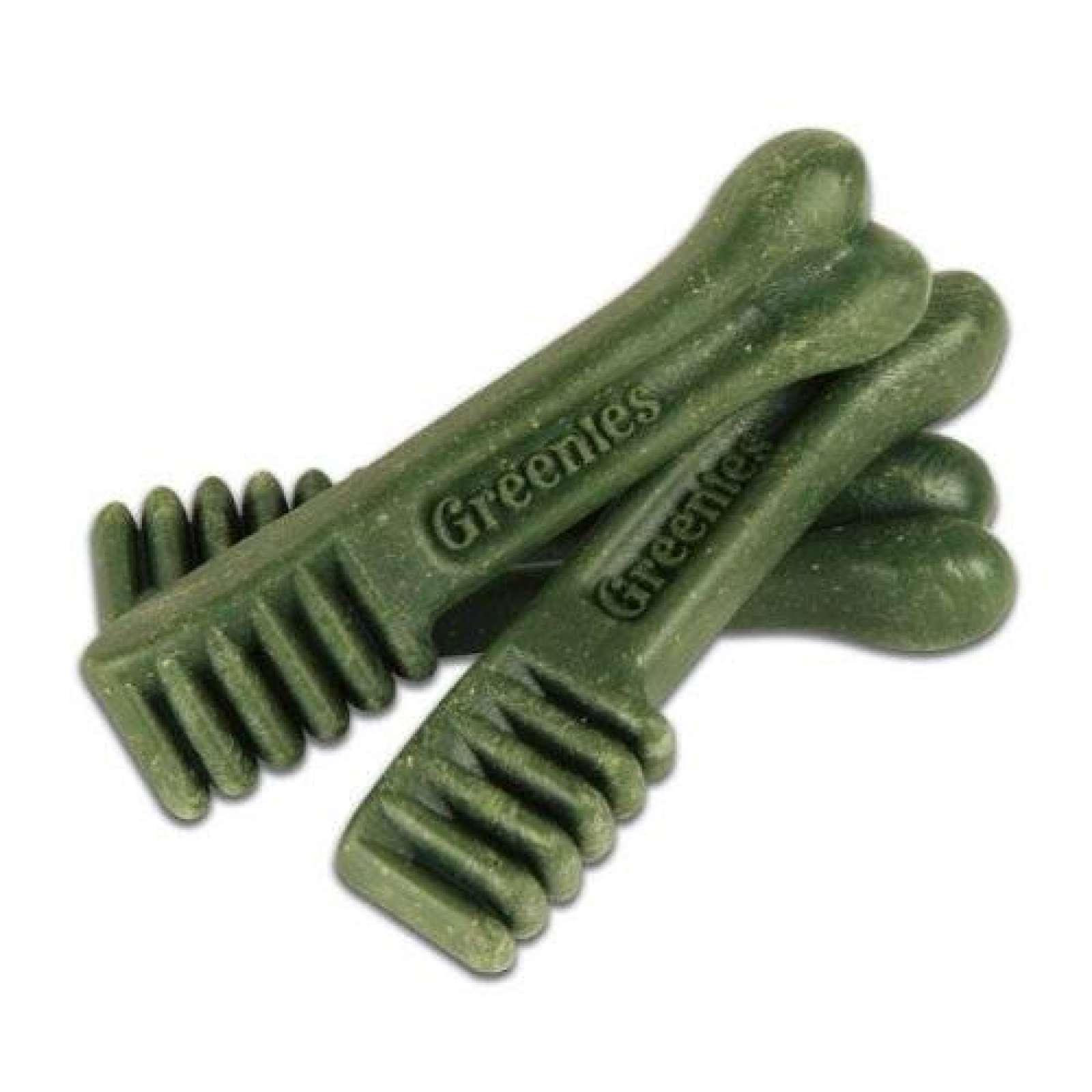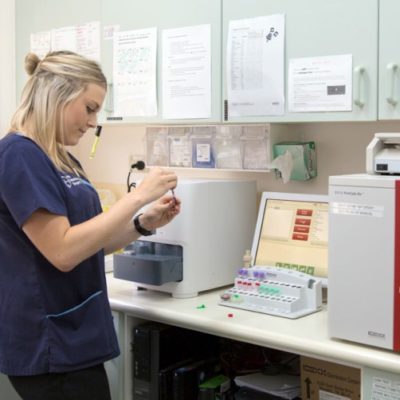August is Pet Dental Health Month here at Hall Vet Surgery, so let’s talk about the Importance of thorough Dental Examinations for your pets!

Dental examinations play an extremely important role in maintaining healthy teeth and gums.
Providing your pet with good oral care is essential for them
to enjoy a happy, healthy and pain-free life.
Our human dentists recommend 6 monthly dental check ups and cleans for us to prevent dental issues.. and we brush our teeth twice every day!
Hall Vet Surgery offers Free 6 Monthly Dental Check-ups to ensure we detect any dental issues early. Early detection helps us to reach the best possible outcome for your pet (and your wallet!).
Dental disease that is left untreated is painful for your pet and can lead to other serious health problems including infections in the kidneys, liver and heart.
Remember, pets will still eat despite having a painful
mouth, so regular oral examinations with your veterinarian
are the best way to detect dental disease early and keep
your pet comfortable and healthy.















